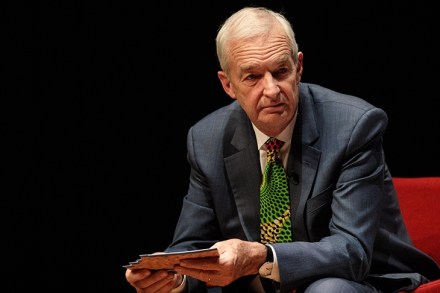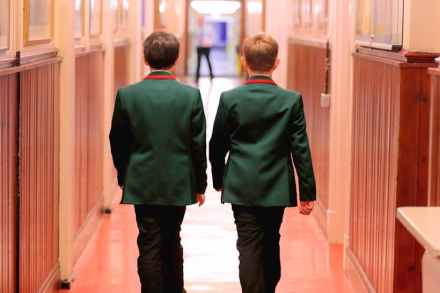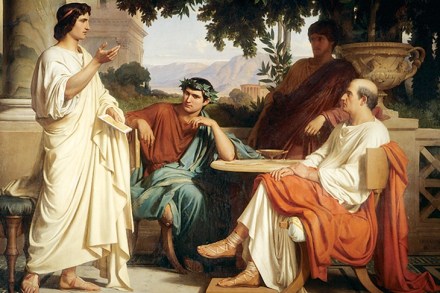Moving on | 14 March 2019
Will independent schools ever be sensibly discussed in the media, in politics or over the supper tables of the nation? It is a long-standing national habit to view all independent schools as aloof, expensive, exclusive and barred to almost everyone in the land. The impression is now gaining ground that the cost has become so great (the figure £40,000 a year crops up regularly) that soon only Russian oligarchs and other members of the world’s super-rich elite will be able to afford them. This takes to extreme lengths a misapprehension that all independent schools, of which there are 2,500, have been created in the image of a handful of famous

















